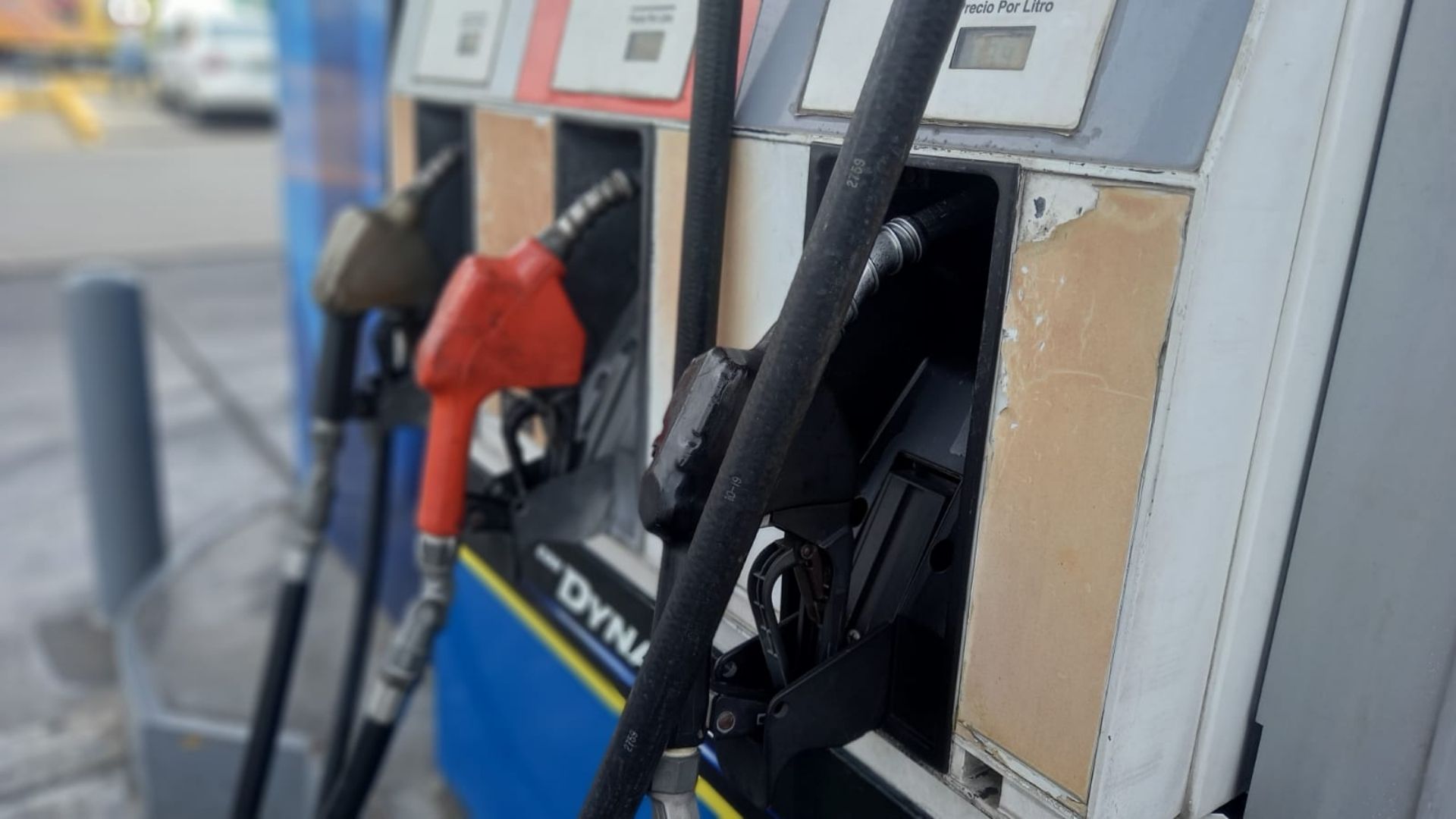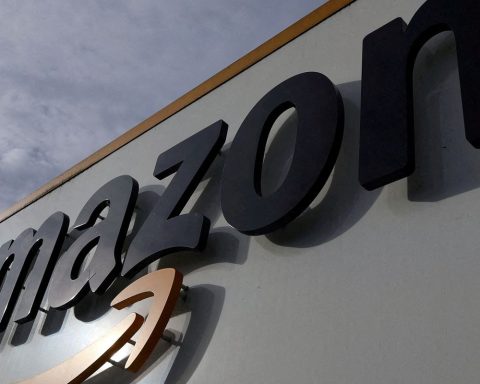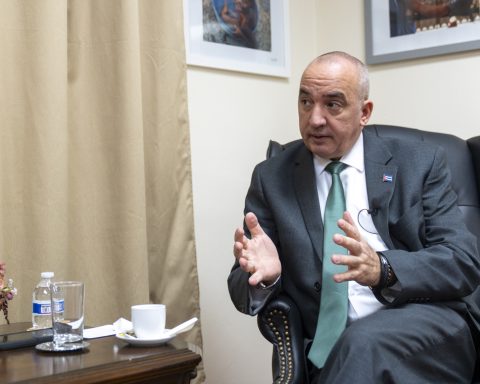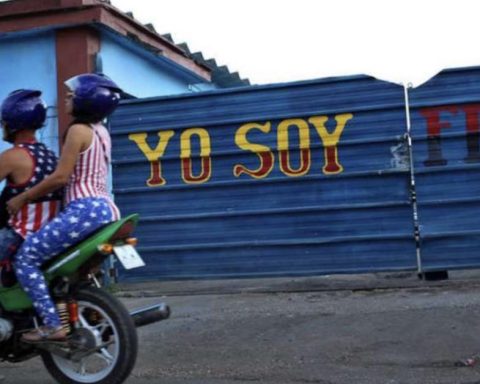The Nicaraguan regime, through the Nicaraguan Institute of Energy (INE) and the Ministry of Energy and Mines, reported that it will assume 100 percent of the increase in the price of liquefied gas and fuels for the week of April 10 to 16, dates on which Holy Week is celebrated.
In the statement issued this Friday, the government details that this measure is given after the “constant increase that the international prices of oil and its derivatives have had since the beginning of 2021, which affect the economies of all countries.” However, at the international level, prisoners of oil and its derivatives had shown a decrease in recent days.
Related news: Fuels continue their upward wave. Regime promises to assume 70% of the increase
According to the Ortega regime —based on international prices—, the cost of diesel for the following week it should be increased by 13.63 cordobas per gallon, “however, our Government has decided not to increase said price and assume 100 percent.”
He also states that, regarding the Super and Regular gasoline, the prices will be maintained without making any adjustments. “As for the Liquid gas —for cooking—, its prices should be increased by 30 cordobas for each 25-pound cylinder, however, the Government has decided to assume 100 percent of this increase, so that liquefied petroleum gas will not have any change in its price for the presentations of 10 pounds, 25 pounds and 100 pounds» the document indicates.
Current fuel prices
After the freezing of fuels is applied, gasoline and diesel would maintain the prices of the corresponding week from April 3 to 9, when the super gasoline and regular increased 1.33 cordobas per liter.
By liter the super gasoline is currently trading at 49.03 cordobasregular 47.84 córdobas, while diesel, the most consumed fuel in the country, is bought from 43.16 cordobas.
The above means that for gallonthe super gasoline it has a price of 185.57 cordobas, the regular 181.07 and diesel costs 163.36 cordobas.
momentary relief
For Rubén Arriola, from Consulting for Consumer Management, this measure is a momentary relief for Nicaraguans, “because if they —the Ortega government— are going to assume 100 percent of oil derivatives without any discount, Solomonic is the measure (…) because it comes to solve a little the economic crisis of all families ».
The expert explained that given the constant rises in fuels, a reform of the Hydrocarbons Law, Law 277, is urgently needed, “so that in this way prices can be controlled more directly.”
Related news: Fuel prices in Nicaragua will remain frozen this week
He added that the most viable thing would be that of the four taxes that hydrocarbons have, “at least eliminate two, since this would lower the cost of fuel in Nicaragua and the benefit would be greater.”
“Worldwide, the price of a barrel of oil is on the rise, that makes economic stability in underdeveloped countries like ours recently in this crisis,” he explained.
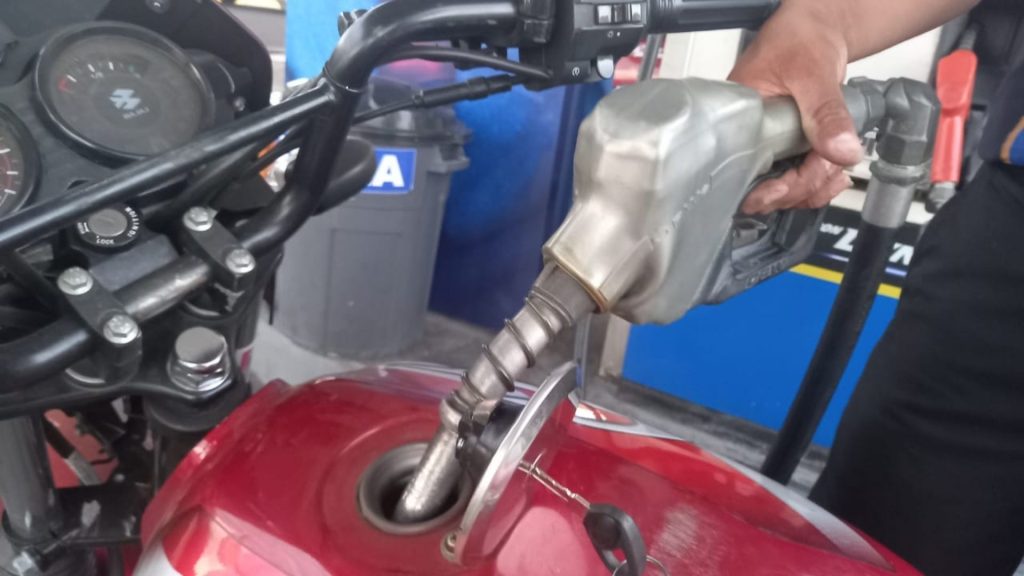
As for the excuse that the rise in fuels is due to Russia’s invasion of Ukraine, Arriola said that for “a long time” Nicaragua has been suffering “indiscriminate rises in oil derivatives without the need for war in Europe. Nicaragua suffers the economic shocks from 2020 to date.
“Nicaragua is suffering the ravages of the health crisis (COVID-19) plus the internal socio-political crisis that is being experienced, this means that the increases in oil prices before Russia’s war against Ukraine were consecutive because they were collection measures, because the State did not have funds to correct the economic deficit because Venezuelan aid has practically disappeared from Nicaragua,” said the expert.
Oil goes up in price
The price of Brent oil rose 101.27 dollars this Friday; rising some $0.69 (+0.69%) versus $100.58 at Thursday’s close in London.
Related news: New beating in fuels, after its seventh week of rise
While the price of WTI crude rose to $96.94, up some $0.91 (+0.95%) from $96.03 at Thursday’s close in New York.
The constant increases in fuels, Nicaraguans have suffered in the basic basket that continues to increase. It has also been felt in transport prices, where you have to pay more if you want to get around.
